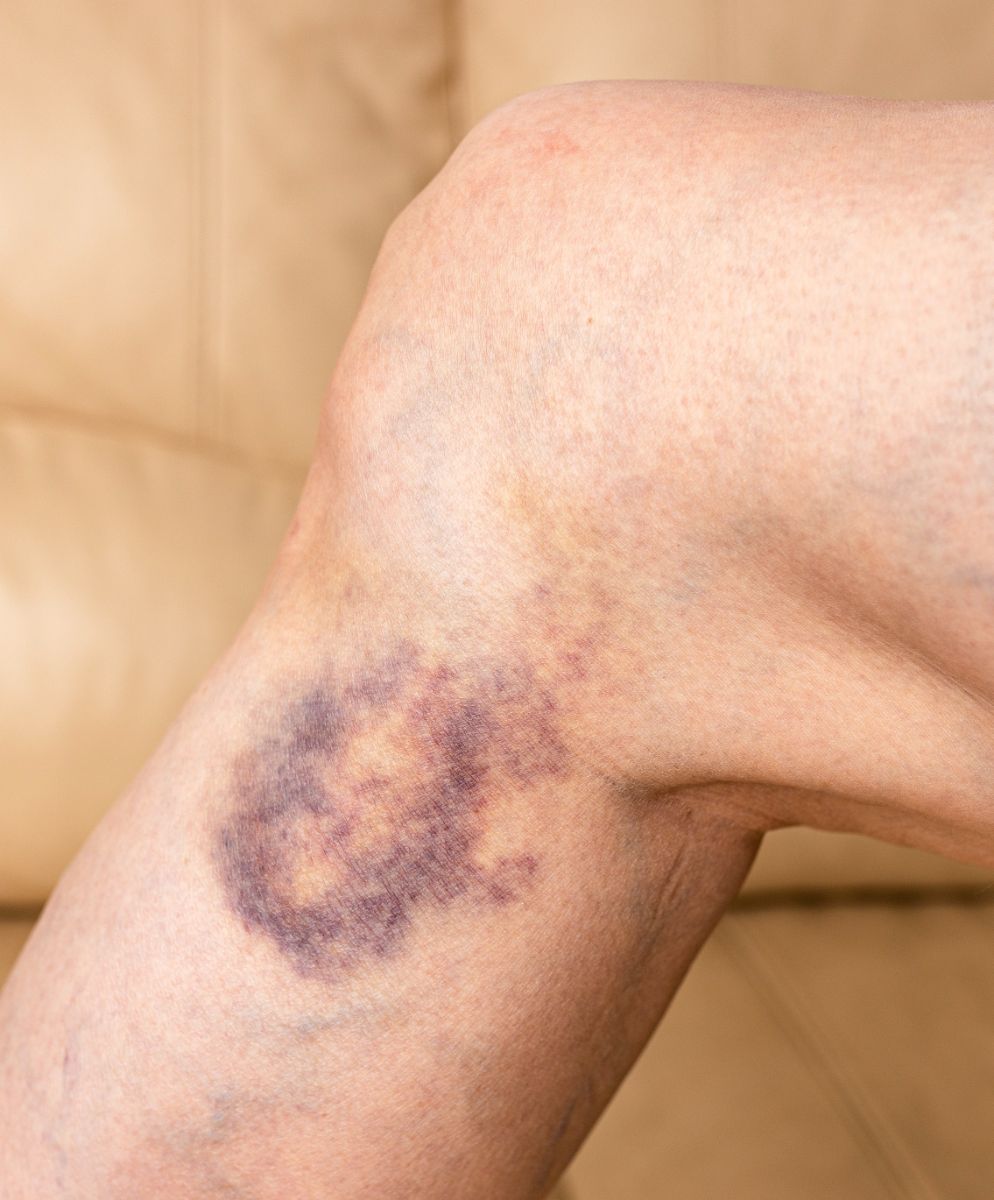Home Remedies to Speed Up Bruise Healing

Any advice to heal faster?
Several home remedies can help speed up the healing process of bruises. Applying a cold compress immediately after an injury can reduce swelling and prevent the bruise from getting worse. Elevating the bruised area can also help minimize swelling. After 48 hours, switching to a warm compress can promote blood flow and aid in healing. Arnica gel, a natural remedy, is known for its anti-inflammatory properties and can be applied to the bruise to reduce discoloration and pain. Additionally, gently massaging the area can help disperse the blood pooled under the skin.
Dietary Changes to Support Skin Health
Improving your diet can play a significant role in reducing the frequency and severity of bruising. Ensure you are getting enough vitamin C, which is crucial for collagen production and maintaining healthy blood vessels. Foods rich in vitamin C include citrus fruits, strawberries, and bell peppers. Vitamin K is also important for blood clotting and can be found in leafy greens like spinach and kale. Protein is essential for skin repair, so include sources like lean meats, beans, and nuts in your diet. Staying hydrated and maintaining a balanced diet overall supports skin health and resilience.
Over-the-Counter Treatments for Bruises
There are several over-the-counter options that can help with bruising. Topical treatments like arnica cream or gel can be applied directly to the bruise to reduce swelling and discoloration. Vitamin K creams are also available and can help with the clotting process. Pain relief creams containing menthol or camphor can provide temporary relief from discomfort. Oral supplements, such as bromelain, an enzyme found in pineapples, may also help reduce inflammation and speed up healing. Always follow the instructions on the packaging and consult a pharmacist if you have any concerns.
When to Seek Medical Attention for Bruising
While most bruises are harmless and heal on their own, certain signs warrant medical attention. If you notice bruises that appear without any known cause, are unusually large or painful, or if they do not improve after two weeks, it is advisable to consult a healthcare professional. Additionally, if bruising is accompanied by other symptoms such as frequent nosebleeds, bleeding gums, or blood in urine or stool, it could indicate a more serious underlying condition that requires prompt evaluation.
Preventative Measures to Reduce Future Bruising
To reduce the likelihood of future bruising, take steps to protect your skin and blood vessels. Wear protective clothing and padding during activities that may lead to injury. Keep your home well-lit and free of clutter to prevent falls. Strengthening exercises can improve muscle tone and provide better support for blood vessels. Avoid medications and supplements that can increase bleeding risk without consulting your doctor. Finally, maintaining a healthy diet and lifestyle supports overall skin integrity and resilience.
Conclusion: Managing Bruises When Medical Help Is Delayed
While waiting to see a doctor, there are several steps you can take to manage and heal bruises effectively. Understanding the causes and symptoms of easy bruising can help you identify when it is necessary to seek medical advice. In the meantime, home remedies, dietary changes, and over-the-counter treatments can aid in the healing process. Taking preventative measures can also reduce the risk of future bruising. Remember to monitor your symptoms, and if any concerning signs arise, prioritize seeking medical attention as soon as possible.
